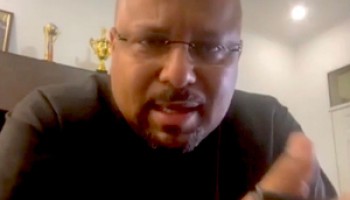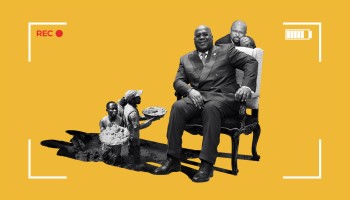Tshimanga entered the courtroom in the company of eight lawyers. Arthur Bomana, the chief defender, challenged the charges, arguing there was no identifiable victim in the accusations and since the alleged wrongdoing occurred abroad, the court was not eligible to judge the matter.
The prosecutor, however, insisted that the corruption offense started already in Kinshasa and the Congolese state was the victim of Tshimanga’s actions.
Following his resignation, Tshimanga was placed in detention in Makala prison in Kinshasa but after a week, he was released on bail.
In the released tape, Tshimanga promised to facilitate mining licenses in return for a stake in a joint venture to a man and a woman who posed as investors interested in entering the Congolese mining sector.
The material contained footage of Zoom calls and a subsequent meeting in a high-end restaurant in London, where Tshimanga traveled at the expense of the duo.
During the conversation, Tshimanga described how he could hide his share behind proxies and stressed his proximity to President Tshisekedi, stating that he had financed his campaign.
It was not immediately clear what motivated the duo to lure Tshimanga into the trap but operations of similar character are rife in the country – typically linked to competition over access to lucrative minerals such as copper or cobalt.
The court judgment on Tshimanga’s case is expected on November 23.





